As part of the memorandum of cooperation between Dnipro State University of Internal Affairs (DSUIA) and JustGroup, a university representative participated in the national development program “Procedural Interview: Basic,” held in Kyiv.
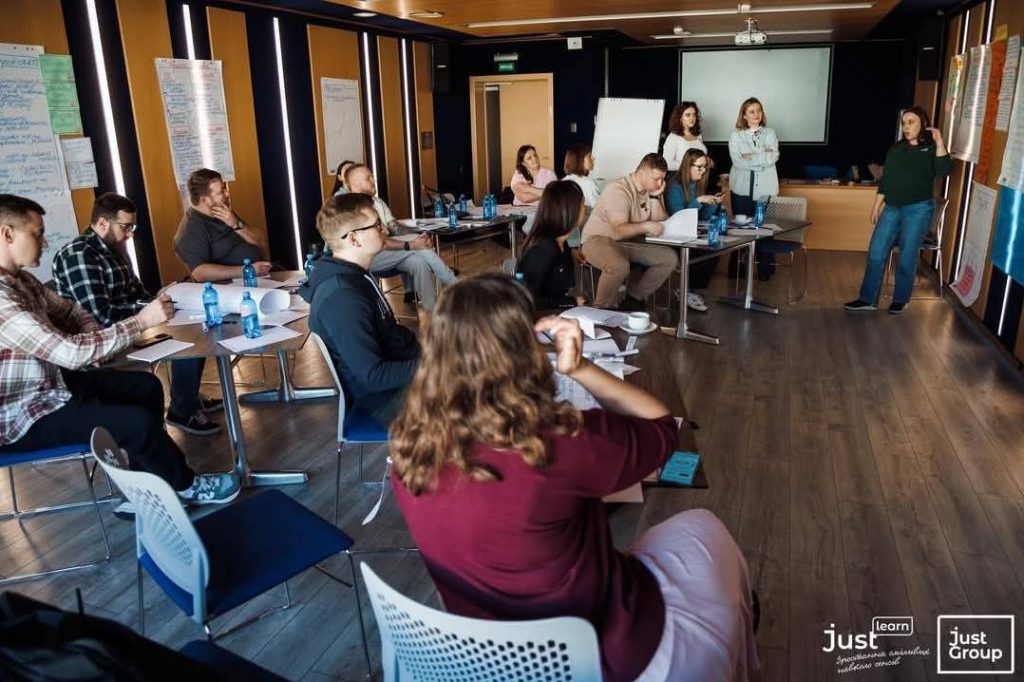
DSUIA was represented by Viktoriia Rohalska, Professor of the Department of Criminal Procedure, Candidate of Legal Sciences, and Police Major.
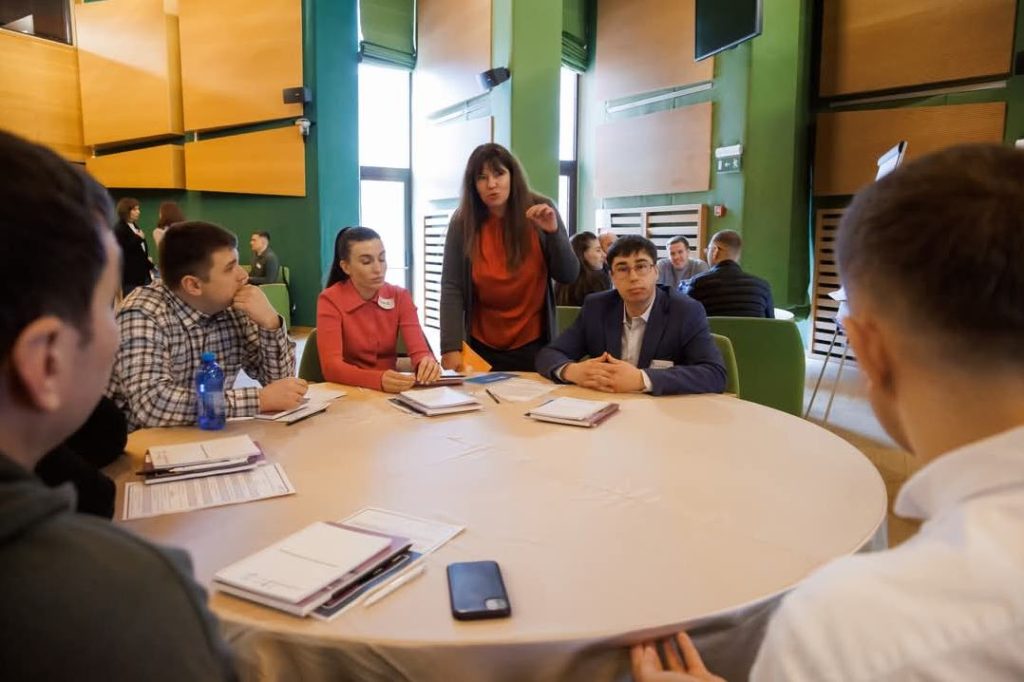
The event was organized by the Training Center for Prosecutors of Ukraine in collaboration with the Norwegian Centre for Human Rights, with support from the project “Transformational Recovery for Human Security in Ukraine,” funded by the Government of Japan and implemented by UNDP in Ukraine.
The program involved 26 NABU detectives and 2 prosecutors from the Specialized Anti-Corruption Prosecutor’s Office. Training was conducted by leading international and national experts, including representatives from the Norwegian Police University, the Office of the Prosecutor General, NABU, Kyiv city prosecutors, and faculty from the Kyiv-Mohyla Business School.
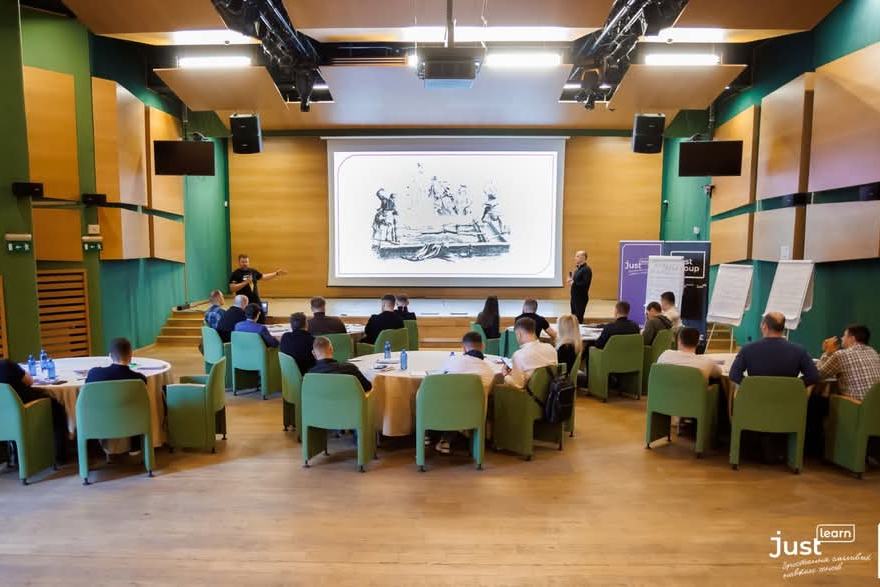
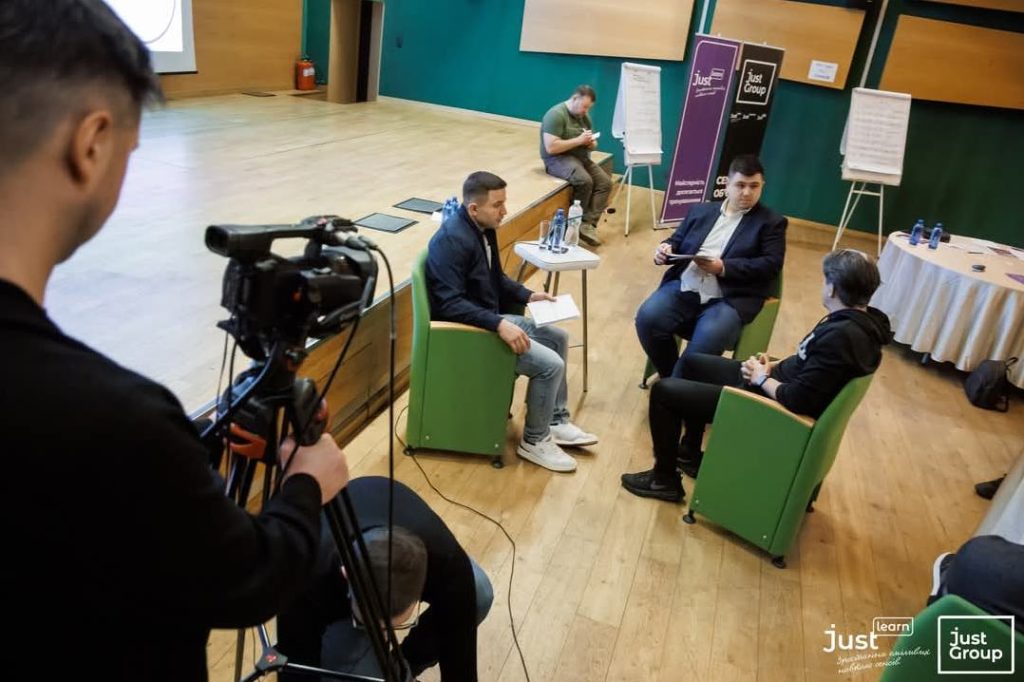
Over three days, participants mastered the theoretical and practical foundations of applying the procedural interview methodology, enabling them to share acquired knowledge and effectively integrate it into daily investigative practice.
Viktoriia Rohalska is involved in developing and piloting the new national development program “Procedural Interview: Vulnerable.”
“The procedural interview is an innovative interrogation technique successfully used by law enforcement agencies in other countries and is a standard for investigations at the International Criminal Court. In Ukraine, this methodology has been implemented in pre-trial investigation bodies since 2019. Over 300 law enforcement officers have undergone relevant training and apply their knowledge in investigating criminal offenses, including war crimes,” noted Viktoriia Rohalska.
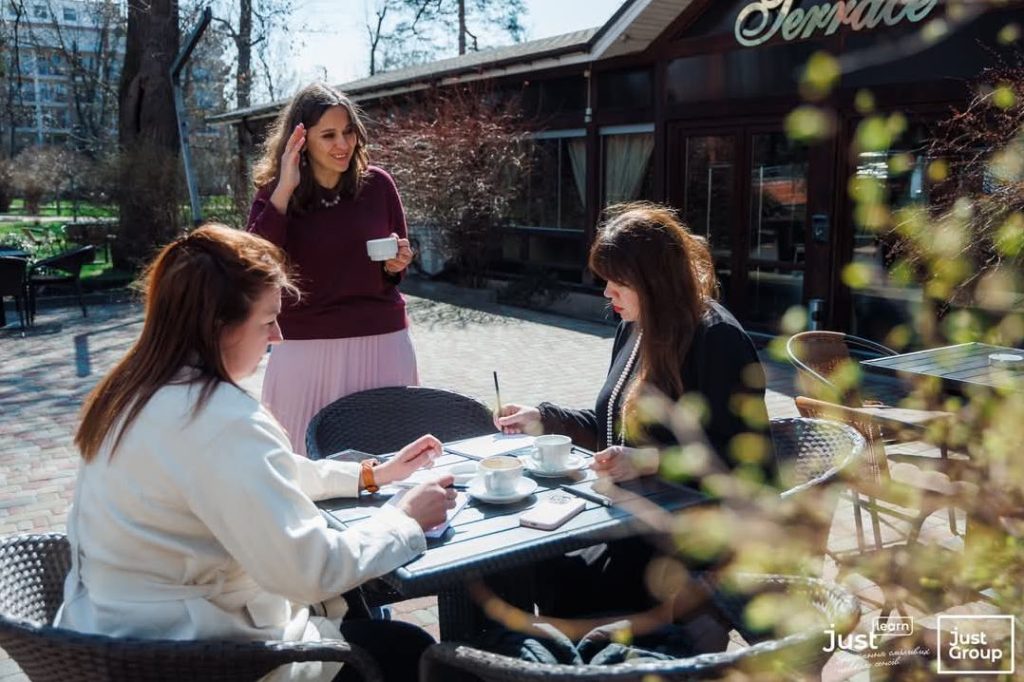
Additionally, the training team completed specialized training with Norwegian experts on conducting interviews with vulnerable individuals. Experts believe that modern challenges create stressful and traumatic conditions that can make a person vulnerable, making the development of this program a logical continuation of the systematic integration of procedural interviews into practical activities and the educational process.
— 310

